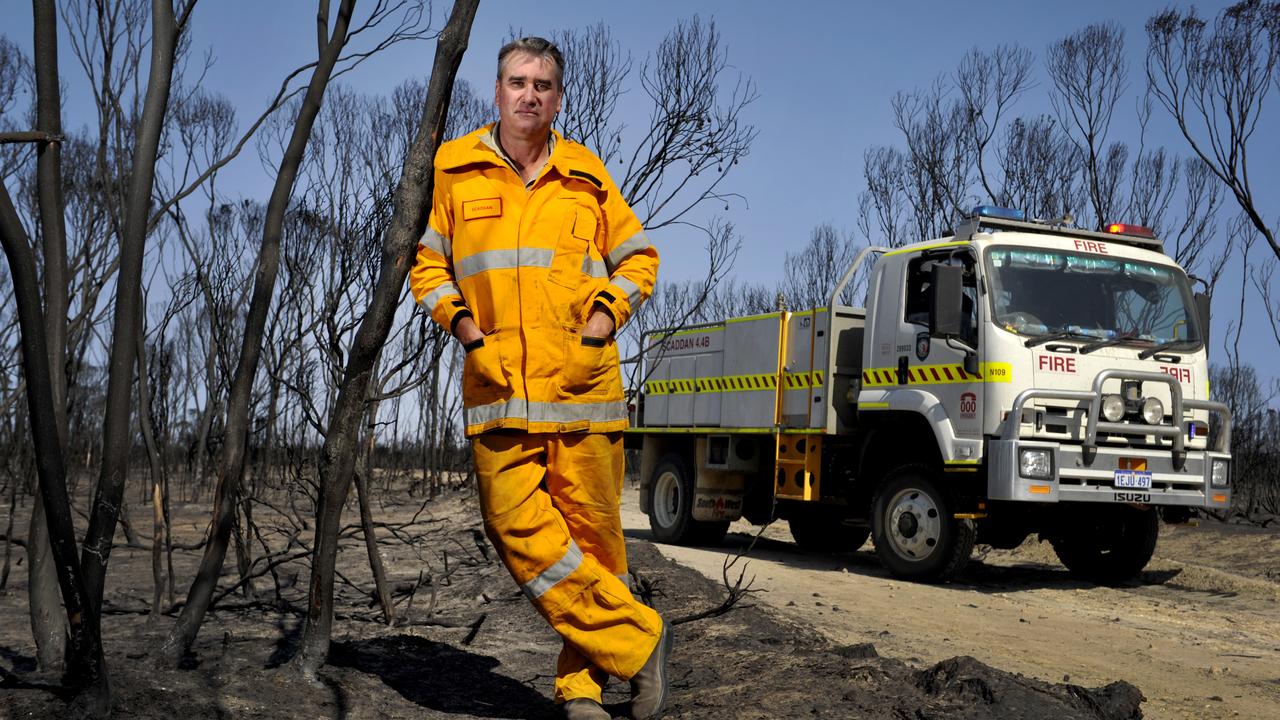End of fracking ban ‘to lower power bills’
The NT has declared it would open up more than half of its land for fracking to boost jobs and push down power bills.

The Victorian and NSW governments are holding out against developing their states’ sizeable gas reserves, despite the Northern Territory yesterday declaring it would open up more than half of its land for fracking to boost jobs and put downward pressure on power bills.
The Gunner government’s decision to lift its two-year blanket moratorium on fracking, following a $5.1 million, 15-month scientific inquiry, was endorsed by Malcolm Turnbull, who said it was a “great day for Territorians” and would open the “door to new opportunities, creating thousands of jobs”.
Indigenous Affairs Minister Nigel Scullion, who represents the Northern Territory in the Senate, said the original decision to stop fracking was “one of the worst political stunts foisted on any jurisdiction” and that only now could the Territory’s “dead flat” economy get moving.
“We’re providing opportunities to actually get a funding stream for the first time so that Territorians don’t have to live in a mendicant state,” Senator Scullion said.
“It’s cost us a lot, but we’re there in the end. We just need to get on with business.”
Victorian Labor Resources Minister Tim Pallas said yesterday his state’s moratorium on onshore gas exploration would remain. He argued that any change would present too great a risk to agriculture, setting up a showdown with the Turnbull government. The NSW Liberal government also stood by its onerous regulatory regime, which has all but banished gas development in the state.
The Gunner government’s decision means exploration could occur across as much as half of the Territory from the start of next year’s dry season. The remaining 49 per cent of land, including towns and conservation areas, will be permanently off-limits.
Federal Energy Minister Josh Frydenberg said development of new gas resources in the Territory could alleviate some of the pressure on the east-coast gas market, helping to push down prices.
“With gas playing an increasingly important role in setting the price of electricity, the development of the Northern Territory’s gas resources could not come soon enough,” Mr Frydenberg said.
Mr Pallas said the Andrews government had banned fracking and coal-seam gas activities because “we won’t risk our vital agricultural sector”.
“The community is with us — and that isn’t changing,” he said.
The Victorian government has committed $42.5m to a study by the state’s lead scientist, Amanda Caples, into possible gas reserves throughout the state’s southeast, which will deliver findings later this year.
The first report from the study, handed down in January, identified 13 underground fields suitable for gas storage, and at least seven months’ gas supply — or 110 petajoules — in a single area around the Otways region which was deemed the most likely for conventional development.
Victoria legislated in March last year to ban fracking and all onshore unconventional gas exploration and development permanently. It also strengthened the moratorium on commercial exploration and development of conventional gas, which is due to last until the end of June 2020.
Minister for Resources and Northern Australia Matt Canavan said fracking was “absolutely safe” and cited a decade’s worth of expert opinion. He also accused the Andrews government of “turning its back” on its natural resources.
“This is not just about resource jobs; it’s not just about jobs on a drilling rig; it’s also about jobs in manufacturing facilities as well,” Senator Canavan said.
At least $200m worth of potential investment was lost or delayed while the NT moratorium was in place, according to industry estimates. Northern Territory Chief Minister Michael Gunner said he had no regrets even though his government faced widening deficits and a struggling economy.
“I believe that the process we went through was crucial to being able to make an informed decision that means that we can have industries co-exist safely in the Northern Territory without putting at risk those jobs,” he said.
Mr Gunner blamed the previous Country Liberal Party government for putting inadequate regulations into practice. “If we had done it under the CLP’s regime, we would have been accepting an unacceptable level of risk for Territorians,” he said.
Industry welcomed the announcement. Origin executive Mark Schubert said well testing completed before the moratorium indicated “a very promising, material gas resource in the Beetaloo sub-basin”, about 500km southeast of Darwin.
Origin has initial plans to drill and frank a further five wells. Mr Schubert said the company planned to resume work “as soon as practical”.
Jemena, an energy company building a pipeline between Tennant Creek and Mt Isa that will be capable of transporting Territory gas to the east coast, said it could look at expanding the $800m project. Jemena managing director Paul Adams said the Territory had “great potential as the future heartland” of Australia’s gas industry.
Additional reporting: Samantha Hutchinson, Brad Norington




To join the conversation, please log in. Don't have an account? Register
Join the conversation, you are commenting as Logout